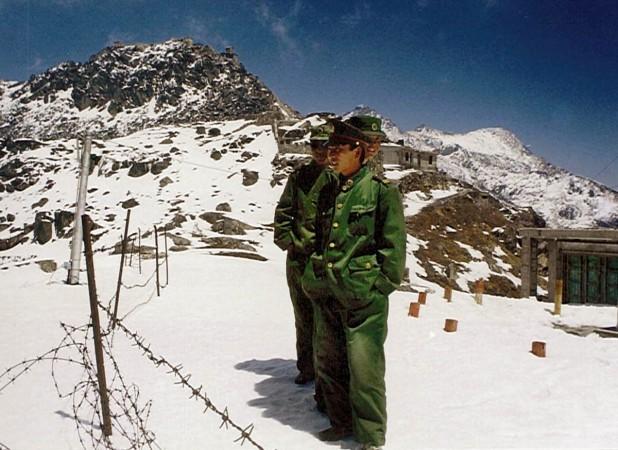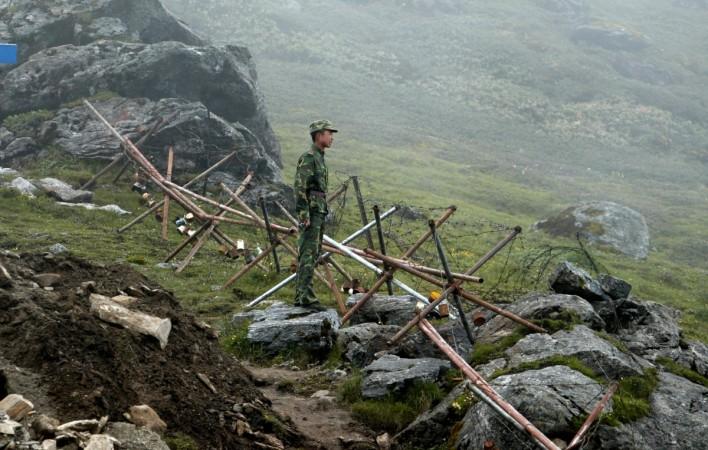
The Doklam standoff at the India-China border in Sikkim has finally come to an end after over two months, and the Ministry of External Affairs has said that after much discussions, the two countries are pulling back troops from the border. Meanwhile, China has said that it will continue to patrol the Doklam region.
The Ministry of External Affairs has released the statement saying that the two countries have been engaged in intense discussions and an "expeditious disengagement of border personnel has been agreed to and is on-going."
MEA Press Statement on Doklam Disengagement Understanding pic.twitter.com/fVo4N0eaf8
— Raveesh Kumar (@MEAIndia) August 28, 2017
While the Indian Army, as well as China's People's Liberation Army have begun the disengagement process, the completion is likely to take a few days.
India and China have been stuck in a deadlock since mid-June and have been blaming each other for the conflict. While India had accused China of building roads on the India-China-Bhutan tri-junction, Beijing's People's Liberation Army has claimed that China wasn't operating in the Bhutan territory in any way and what they do within their territory is not India's business.
"The Indian troops unilaterally provoked trouble which was in violation of the relevant agreement between the two sides and the mutual consensus of between the leaders of the two countries," Beijing had said, according to the Press Trust of India. "This seriously damaged peace and tranquillity in the border areas. China is committed to developing bilateral relations with India, but also firmly defend its legitimate rights and interests."
Post the initial skirmish, China had time and again said that any dialogue between the two countries would be possible only after India would withdraw its troops from the border. However, India had refused to pull back.
Bhutan too has protested China's intrusion in the Doklam plateau, but the Chinese media had been taking an aggressive stand against its neighbour and said multiple times that it is, in fact, India that is provoking China and that India is "bullying" Bhutan into submission.

Amid the conflict, the Chinese media had time and again invoked the 1962 war and said that India needed to be "taught a lesson" and that PLA would be more than happy to "kick" the Indian Army out of its territory. It also often compared the military and economic powers of the two countries and said that China could any day defeat India and would be happy to oblige.
Due to the conflict, the Indian and Chinese military representatives did not hold the Border Personnel Meeting (BPM) on August 15. The Indian side has sent the invite well in advance but the Chinese side did not respond to it.
BPMs are usually held on Indian Independence Day, Republic Day and PLA Day on August 1 at Nathu La in Sikkim, Daulat Beg Oldie and Chushul in Ladakh, and Bumla and Kibithu in Arunachal Pradesh. On the occasion, the armies of the two countries have discussions and group activities and also take part in sports.
Due to the Doklam standoff, Beijing this year didn't hold a BPM on PLA Day either.









